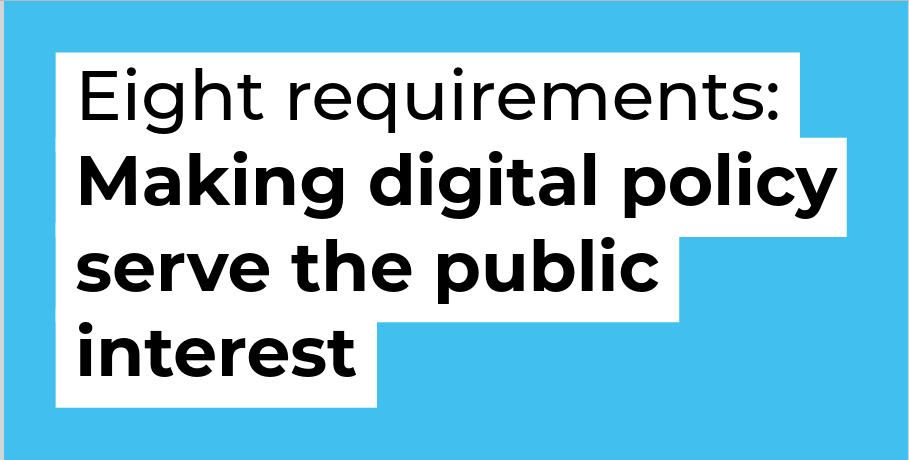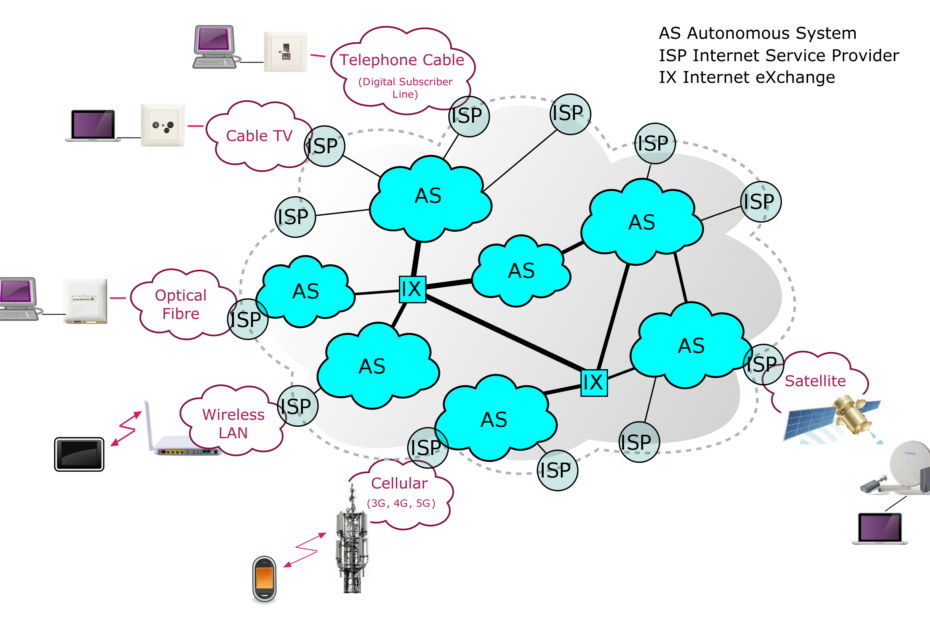Wikimania 2024: call for submissions open!
The great celebration of everything Wikimedia will take place in Katowice, Poland, August 7-10 . Wikimedia Europe was asked to curate the track on Legal and Advocacy, which we are happy to support. As Wikimania 2024 gathers under the topic of the Collaboration of Open, we present under your consideration some ideas on how to align with this message.
You can submit a session proposal for Wikimania 2024 here.
Food for thought
In this time of global conflict, disinformation and digital authoritarianism, the Wikimedia movement offers a model for decentralised, grassroots governance of free knowledge. Our movement empowers communities to exercise their right to access knowledge, and to advance other fundamental human rights. The Wikimedia model offers inspiration on how to create connections between people of various backgrounds, cultures and beliefs.
Read More »Wikimania 2024: call for submissions open!
















